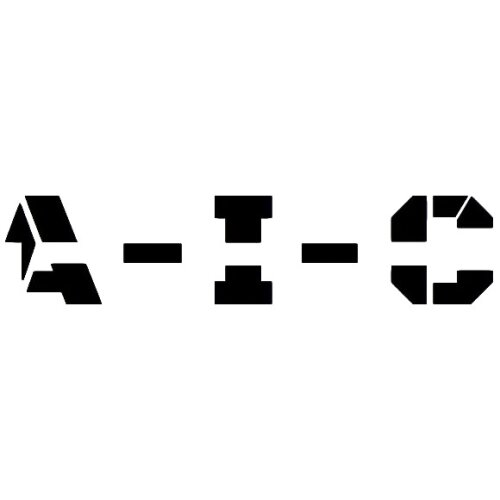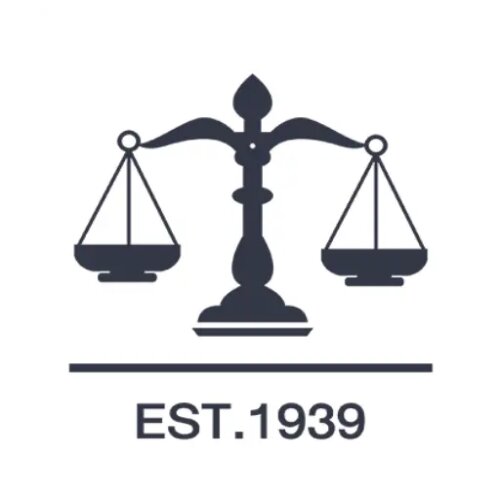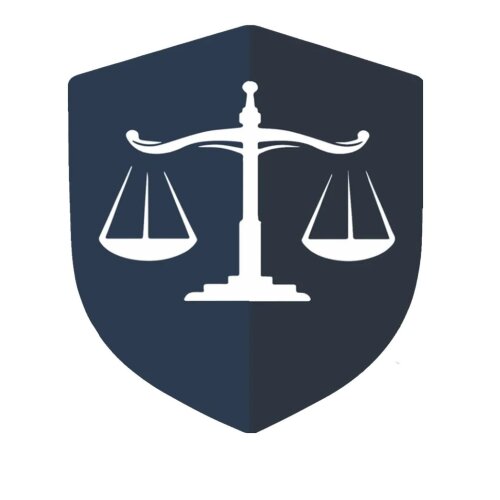Best Debt & Collection Lawyers in Thailand
Share your needs with us, get contacted by law firms.
Free. Takes 2 min.
Or refine your search by selecting a city:
List of the best lawyers in Thailand
Legal guides written by Smart Legal Solutions:
- Main Legal Measures to Protect Foreign Investment in Thailand
- The importance of the geographical indications for the Thai economy
Legal guides written by Mahanakorn Partners Group Co., Ltd:
- Thailand Strengthens Anti-Money Laundering Laws with New Amendments
- Recent Updates to Thailand’s Long-Term Resident (LTR) Visa and SMART Visa Programs
- Managing Risks in Public-Private Partnership Projects
About Debt & Collection Law in Thailand
Debt and collection laws in Thailand are primarily designed to protect both creditors and debtors. The legal framework encompasses regulations that dictate how debt is collected and ensures that collection practices are fair and just. Key legislation includes provisions in the Civil and Commercial Code, which outline the processes and rights involved in debt settlement and enforcement. These laws help manage financial disputes, ensuring a balanced approach to debt recovery.
Why You May Need a Lawyer
There are several scenarios where you might need a lawyer specializing in debt and collection in Thailand:
- If you are a creditor trying to recover debt from non-paying clients or customers, a lawyer can guide you through the legal mechanisms available.
- As a debtor, you might need legal defense against unfair collection practices or to negotiate settlements.
- Businesses undergoing financial restructuring may require legal advice to effectively handle outstanding debts.
- You could require assistance interpreting the terms of a contract related to debt obligations.
- When dealing with cross-border debts, it's essential to have legal guidance due to varying international laws.
Local Laws Overview
Thai law covers debt and collection through several key statutes:
- The Civil and Commercial Code defines the general rules governing societal contractual obligations, including loans and debts.
- The Debt Collection Act of 2015 regulates the conduct of debt collectors, ensuring that they operate fairly and within the law. It prohibits harassment and abusive practices.
- Bankruptcy and business reorganization laws are crucial for dealing with insolvent companies and debtors.
- There are specific preserving measures provided under Thai law, such as asset attachment, to secure creditors' interests.
Frequently Asked Questions
What is the Debt Collection Act in Thailand?
The Debt Collection Act was enacted in 2015 to ensure fair practices in debt collection, prohibiting harassment, false accusations, and the involvement of unauthorized individuals in the collection process.
Can a debt collector contact a debtor's employer?
No, under the Debt Collection Act, contacting a debtor’s employer or any third party without consent is prohibited unless it is necessary to locate the debtor.
What are the consequences for a debtor failing to repay a debt?
Failure to settle a debt can lead to legal actions including lawsuits, asset seizure, and being listed in credit bureaus, making future borrowings difficult.
How long does a creditor have to pursue a debt legally?
Generally, creditors have up to 10 years to collect a debt, but this period can vary depending on the nature of the debt.
What should a debtor do if they receive a debt collection notice?
Review the notice for accuracy, verify the debt details, and contact the creditor or collection agency to discuss payment options or disputes.
Are there penalties for unfair debt collection practices?
Yes, violators of the Debt Collection Act may face fines up to 500,000 THB and imprisonment depending on the severity of the infringement.
How can companies collect debts from international clients?
For international debts, creditors often work with lawyers who specialize in international law, using treaties and agreements between nations to recover debts.
What are some common defenses against debt collection lawsuits?
Common defenses include the expiration of the statute of limitations, proving the debt was already paid, or disputing the legitimacy of the claimed debt.
Can personal assets be protected from debt collection?
Some personal assets may be protected under Thai law, but this depends on specific circumstances. Legal advice is recommended for protecting assets.
What legal requirements must a creditor meet before pursuing a debt?
Creditors must provide clear documentation of the debt and must adhere to fair collection practices as stipulated by Thai law.
Additional Resources
Consider reaching out to the following resources for more information on debt and collection:
- Office of the Judiciary, which provides information on legal procedures and rights.
- The Ministry of Justice, for updates on legal reforms and consumer protection in financial matters.
- The Bank of Thailand, which offers resources concerning financial disputes and debt mediation.
Next Steps
If you need legal assistance in debt and collection, consider taking these steps:
- Gather all relevant documentation related to your debt or collections issue. This includes agreements, notices, and any correspondence.
- Consult with a legal professional who specializes in debt and collection law. They can provide insights specific to your situation.
- Contact the Thai Bar Association or similar organizations for referrals to qualified lawyers.
- Explore mediation options if you wish to settle disputes outside of court.
- Be proactive in communicating with creditors or debtors to resolve conflicts amicably.
Lawzana helps you find the best lawyers and law firms in Thailand through a curated and pre-screened list of qualified legal professionals. Our platform offers rankings and detailed profiles of attorneys and law firms, allowing you to compare based on practice areas, including Debt & Collection, experience, and client feedback.
Each profile includes a description of the firm's areas of practice, client reviews, team members and partners, year of establishment, spoken languages, office locations, contact information, social media presence, and any published articles or resources. Most firms on our platform speak English and are experienced in both local and international legal matters.
Get a quote from top-rated law firms in Thailand — quickly, securely, and without unnecessary hassle.
Disclaimer:
The information provided on this page is for general informational purposes only and does not constitute legal advice. While we strive to ensure the accuracy and relevance of the content, legal information may change over time, and interpretations of the law can vary. You should always consult with a qualified legal professional for advice specific to your situation.
We disclaim all liability for actions taken or not taken based on the content of this page. If you believe any information is incorrect or outdated, please contact us, and we will review and update it where appropriate.
Browse debt & collection law firms by city in Thailand
Refine your search by selecting a city.
















